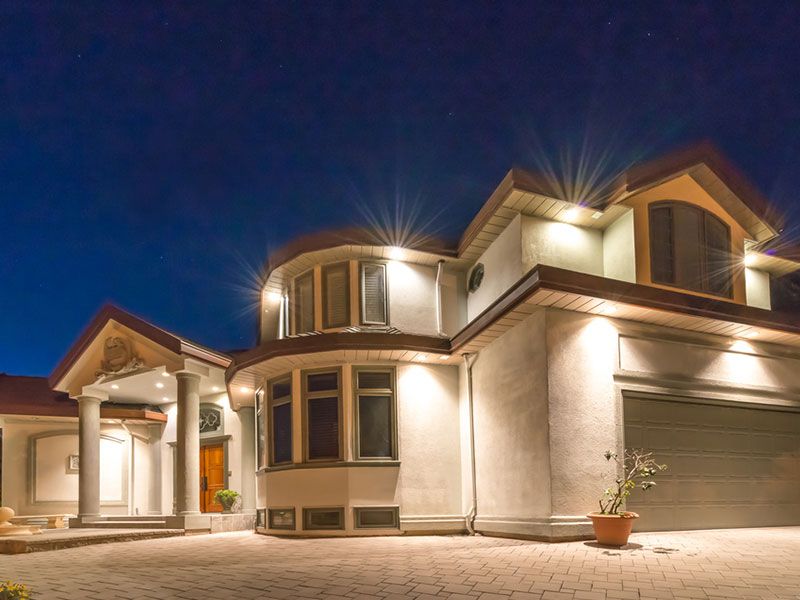An exterior wall coating is a protective layer that is applied to the outside of a building to protect it from the elements. It can be applied to brick, concrete, stucco, wood, and other materials. The coating helps to protect the building from water damage, UV rays, and other environmental factors. It also helps to reduce energy costs by providing insulation and reflecting heat away from the building. To learn more about exterior wall coatings come in a variety of materials, including acrylic, elastomeric, and silicone. Each coating type has distinct advantages and disadvantages. Acrylic coatings are the most common and provide a durable, waterproof barrier. Elastomeric coatings are more flexible and can bridge small cracks in the wall. Silicone coatings are the most expensive but provide the best protection against water damage.

The benefits of an exterior wall coating are numerous. It helps to protect the building from water damage, UV rays, and other environmental factors. It also helps to reduce energy costs by providing insulation and reflecting heat away from the building. The coating also helps to protect the building from mold and mildew growth, which can cause health problems. Applying an exterior wall coating is a relatively simple process. The first step is to clean the surface of the wall and remove any dirt, debris, or other contaminants. Next, the coating is applied with a brush, roller, or sprayer. The coating should be allowed to dry completely before any additional coats are applied.
Exterior wall coatings are an excellent way to protect a building from the elements and reduce energy costs. They are relatively easy to apply and come in a variety of materials. When selecting a coating, it is important to consider the type of material, the climate, and the budget. To know more about learn more right coating, a building can be protected for years to come. Exterior wall coatings are an important part of protecting a building from the elements. They provide a durable, waterproof barrier that helps to reduce energy costs and protect the building from water damage, UV rays, and other environmental factors. When selecting a coating, it is important to consider the type of material, the climate, and the budget. With the right coating, a building can be protected for years to come.




